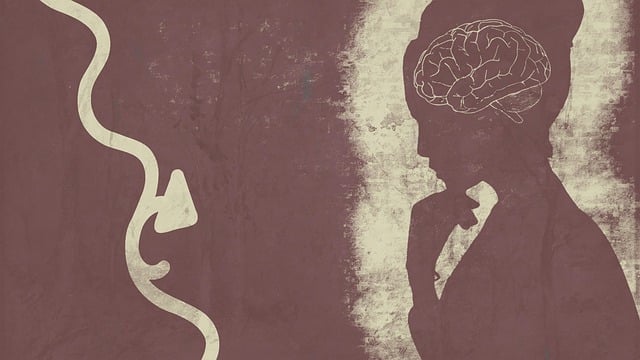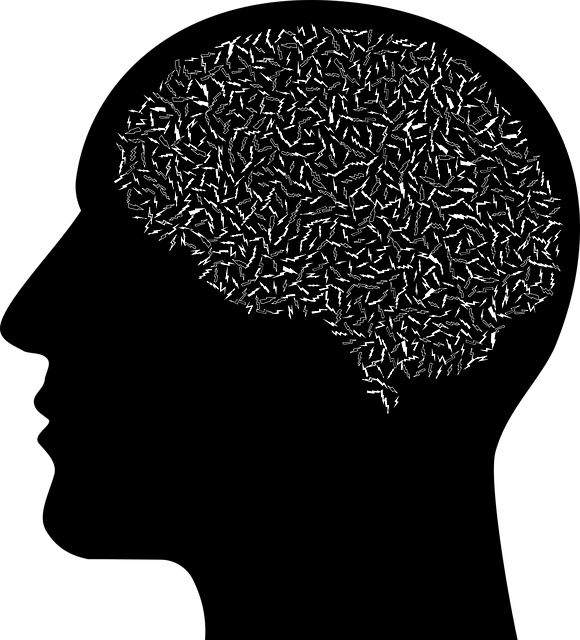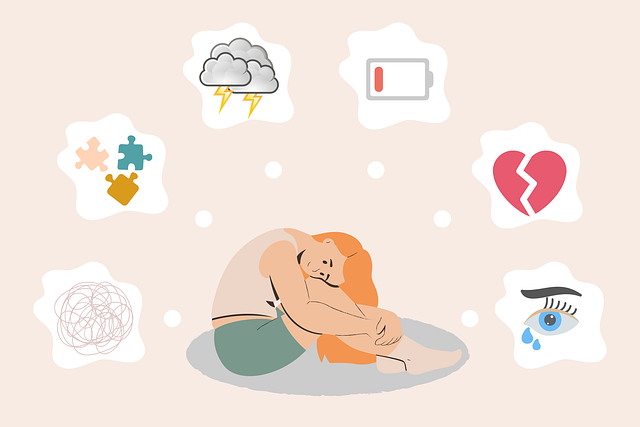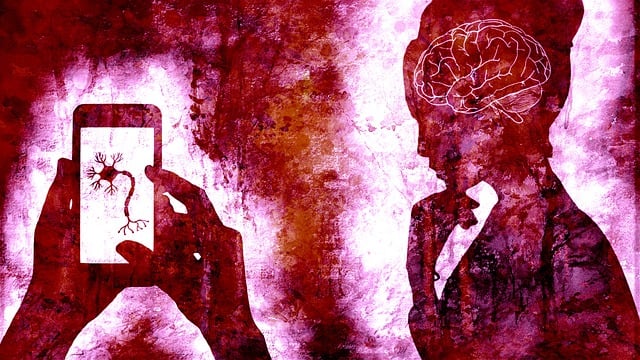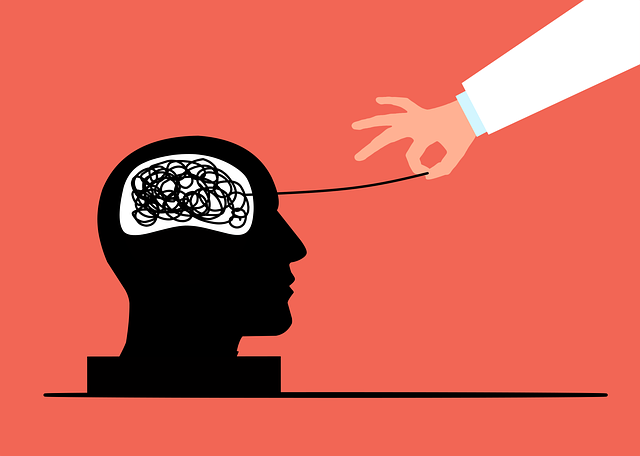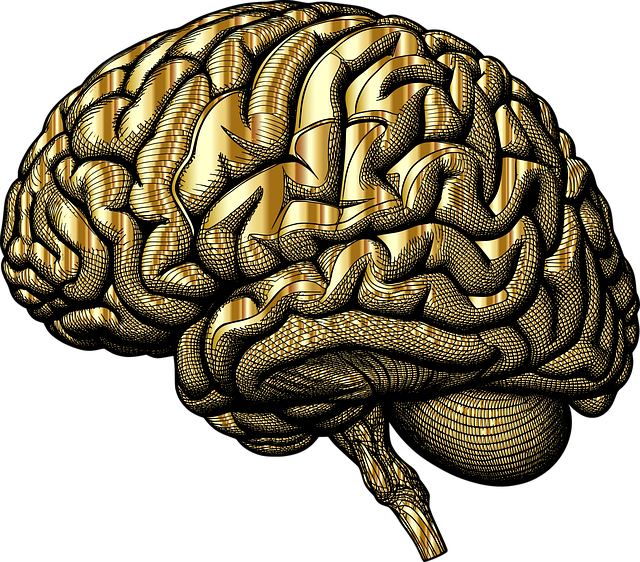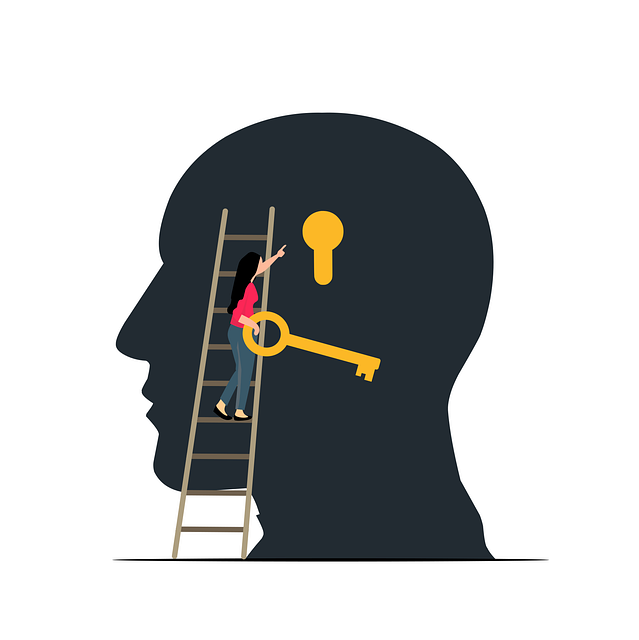Mental health apps, like Lone Tree Russian Speaking Therapy, offer personalized tools for stress management and depression prevention, catering to diverse communities with specific needs, such as Russian-speakers in remote areas. These apps bridge cultural gaps, respect preferences, prioritize privacy, and increase accessibility, empowering users to take charge of their emotional well-being. The app provides crisis intervention, interactive coping skills development, and culturally sensitive support, enabling users to engage with trained professionals from home. Its development involves design, coding, testing, and launch, while marketing strategies leverage online communities, targeted advertising, engaging content, and SEO to reach a broad audience seeking mental wellness solutions.
The rise of mental wellness apps has revolutionized access to therapy, especially with the global shift towards digital solutions. In this article, we explore the development of a unique Lone Tree Russian Speaking Therapy app, catering specifically to Russian-speaking users. We delve into key aspects from understanding the target audience’s needs to marketing strategies. By combining intuitive features with culturally sensitive content, the app aims to provide effective support for mental health and wellness.
- Understanding Mental Health and Therapy Apps
- Target Audience: Reaching Russian-Speaking Users
- Features and Functionality of Lone Tree Russian Speaking Therapy App
- Development Process: Design, Coding, Testing, and Launch
- Marketing Strategies for Mental Wellness Apps
Understanding Mental Health and Therapy Apps

Mental health apps have gained significant attention as a modern approach to well-being and therapy. These applications offer accessible and often personalized tools for individuals seeking support for various mental health concerns, from stress management to depression prevention. By leveraging technology, they provide a convenient way to connect with therapists, access resources, and implement communication strategies tailored to each user’s needs.
Lone Tree Russian Speaking Therapy is an example of how specialized services can be delivered through app development. Targeting specific communities, such as those with Russian-speaking backgrounds in remote areas, these apps bridge the gap to necessary mental health care. They not only cater to cultural and linguistic preferences but also ensure privacy and accessibility, thereby fostering public awareness campaigns around mental wellness and enabling individuals to take control of their emotional well-being.
Target Audience: Reaching Russian-Speaking Users

Reaching Russian-speaking users is a strategic step for mental wellness app developers aiming to expand their audience and provide much-needed support. This demographic often faces unique challenges when it comes to accessing mental health resources, especially in regions where cultural barriers and language differences exist. Many Russian-speaking individuals may prefer therapy or self-care practices that resonate with their cultural background and language.
By catering specifically to this audience, developers can offer tailored solutions like Lone Tree Russian Speaking Therapy. Incorporating elements of cultural sensitivity and proficiency in the app’s design and content can foster a deeper connection with users. This approach ensures that individuals who may have previously lacked access to suitable mental health education programs now have a trusted digital companion. Furthermore, focusing on inner strength development and encouraging self-care practices tailored to their needs can empower Russian-speaking users to take charge of their mental wellness.
Features and Functionality of Lone Tree Russian Speaking Therapy App

The Lone Tree Russian Speaking Therapy App is designed to cater to the unique needs of the Russian-speaking community in seeking mental wellness support. It offers a range of features tailored to enhance therapy sessions and foster meaningful connections. Users can expect personalized crisis intervention guidance, ensuring they have access to immediate support during challenging times. The app encourages active participation through interactive tools and exercises focused on coping skills development. By incorporating empathy building strategies, it creates a safe space for individuals to express themselves freely.
This digital platform provides an accessible environment for therapy, allowing users to engage with trained professionals from the comfort of their homes. Through its user-friendly interface, the app facilitates regular check-ins, progress tracking, and customized recommendations. With a focus on cultural sensitivity, it offers translations and supports local languages, making mental health services more inclusive. By combining traditional therapy methods with modern technology, the Lone Tree Russian Speaking Therapy App aims to revolutionize access to care and empower individuals in their journey towards better mental wellness.
Development Process: Design, Coding, Testing, and Launch

The development process of a mental wellness app, such as Lone Tree Russian Speaking Therapy, involves four key stages: design, coding, testing, and launch. Each phase is critical to ensuring the final product meets the needs of its target audience, in this case, individuals seeking therapy services and potentially healthcare providers looking for burnout prevention strategies.
During the design phase, developers focus on creating an intuitive user interface that fosters engagement and encourages users to consistently interact with the app. This involves careful consideration of features like personalized treatment plans, access to trauma support services, and tools for depression prevention. Coding transforms these designs into a functional application, translating user flows and interactions into programming languages. Rigorous testing ensures the app’s stability, security, and functionality across various devices and operating systems. Once thorough testing is complete, the app is launched onto app stores, making it accessible to a wide range of users who can benefit from its mental wellness features, including those seeking Russian-speaking therapy options.
Marketing Strategies for Mental Wellness Apps

Marketing a mental wellness app like Lone Tree Russian Speaking Therapy requires a thoughtful, multi-faceted approach. With increasing demand for digital mental health solutions, leveraging online platforms and communities is crucial. Incorporating strategies such as social media marketing, influencer partnerships, and targeted advertising can significantly boost visibility among your target audience. Engaging content, including blog posts, videos, and infographics that focus on positive thinking and emotional healing processes, can attract users and establish your app as a trusted resource.
Additionally, integrating a mental wellness podcast series production within your marketing mix can further enhance engagement. By offering valuable insights and practical advice through audio content, you can build a loyal following and encourage downloads. Leveraging SEO best practices with relevant keywords like “Positive Thinking” and “Emotional Healing Processes” ensures your app reaches the right users searching for support. Ultimately, combining these strategies allows Lone Tree Russian Speaking Therapy to stand out in a competitive market and effectively connect with individuals seeking mental wellness solutions.
The development of mental wellness apps, such as the Lone Tree Russian Speaking Therapy app, offers a promising approach to improving access to therapy and mental health support for diverse communities. By understanding user needs, effectively targeting specific audiences like Russian-speaking individuals, and implementing robust features, developers can create impactful tools. A well-planned development process, from design to launch, combined with strategic marketing, ensures these apps reach those who need them most. The Lone Tree app serves as a valuable example, highlighting the potential for digital solutions to enhance mental wellness globally.
